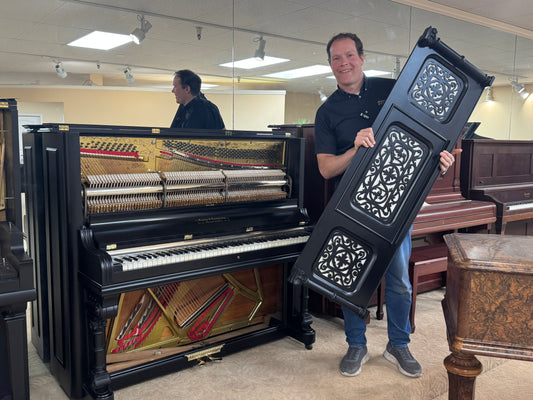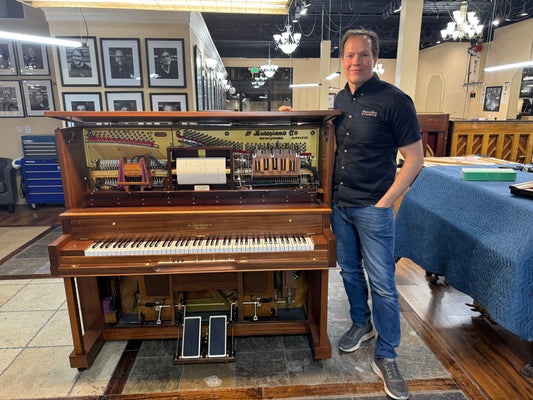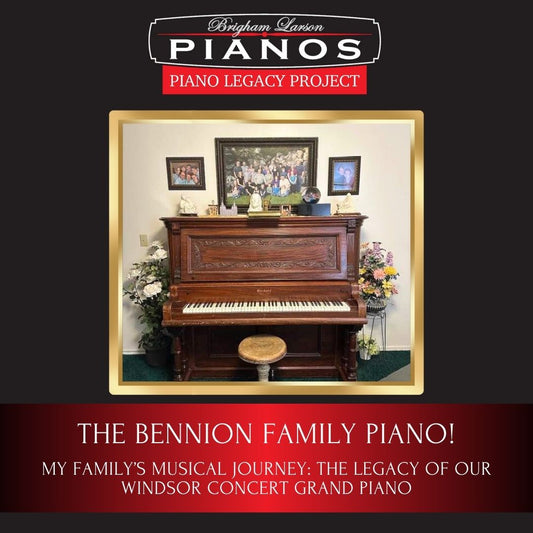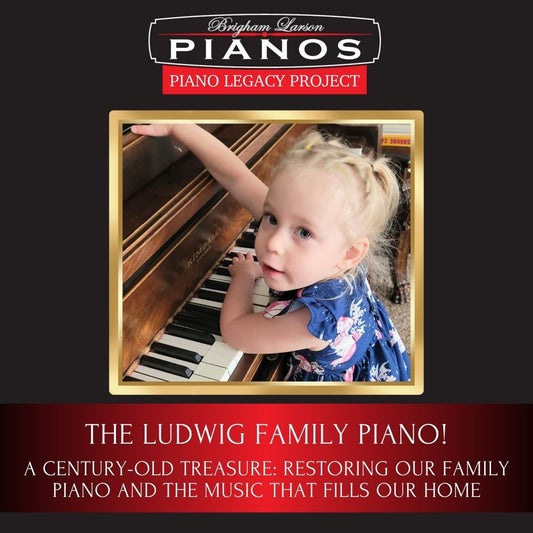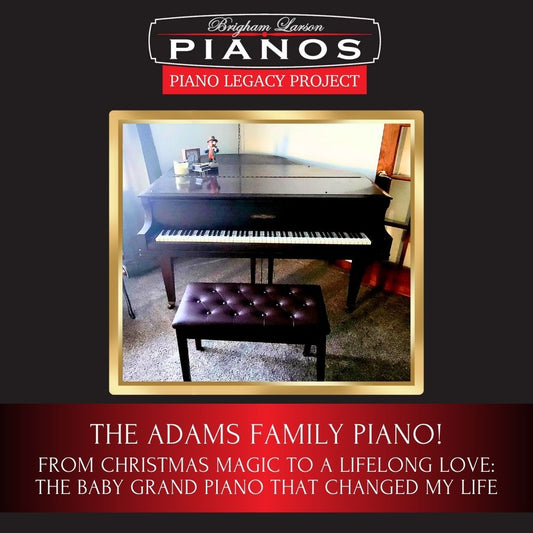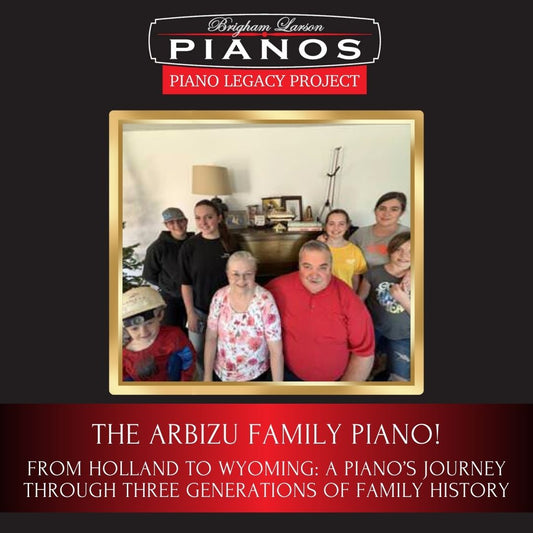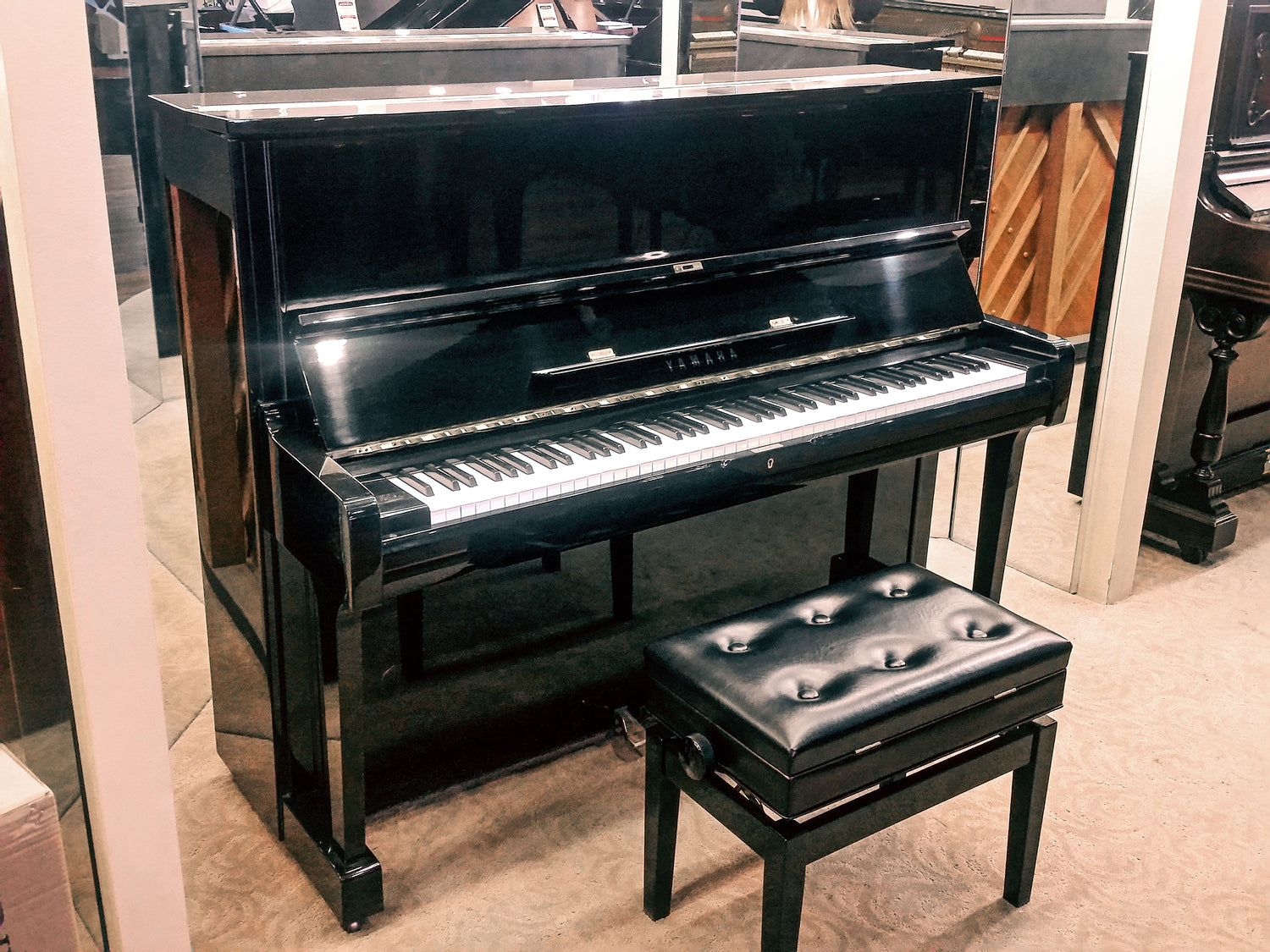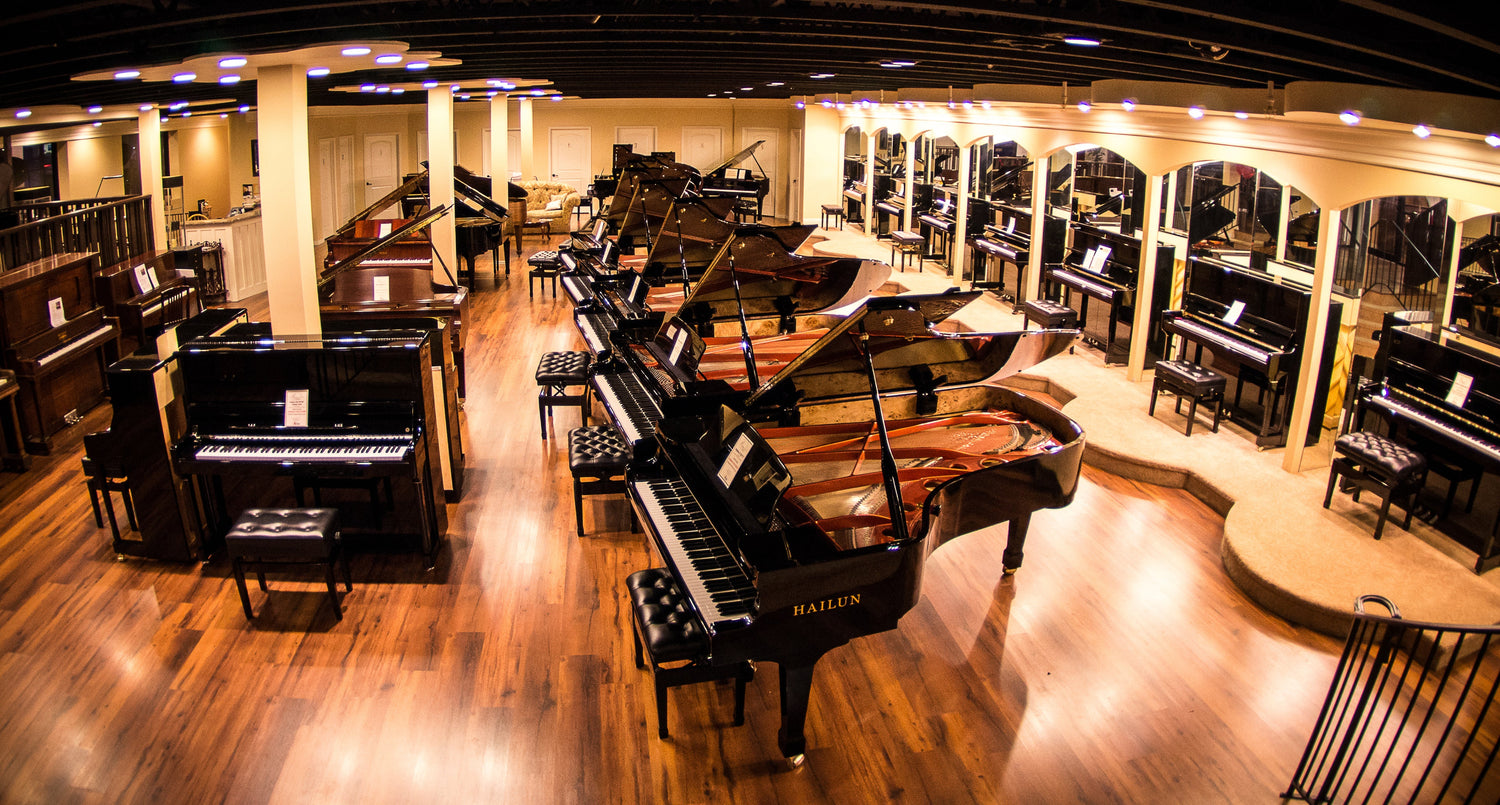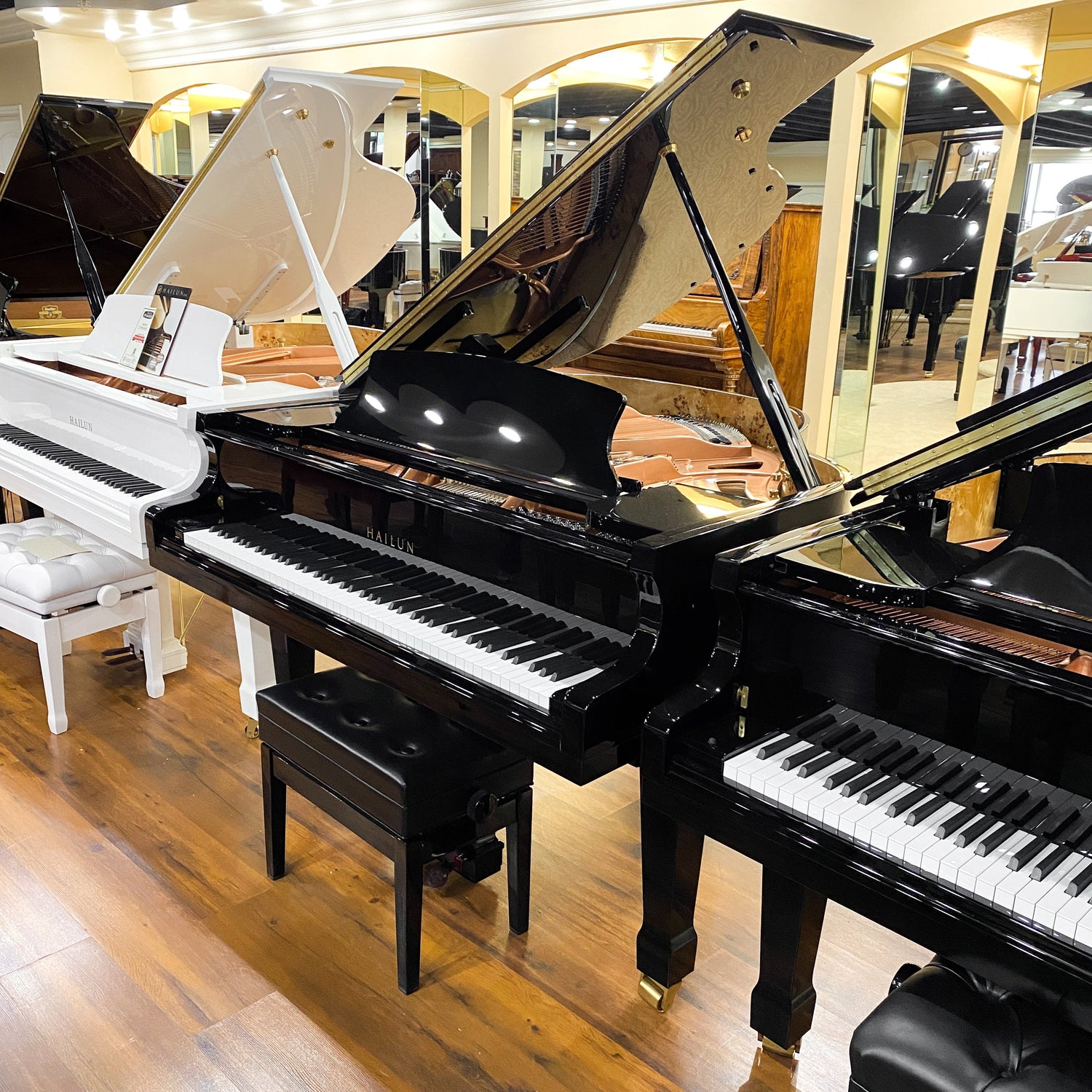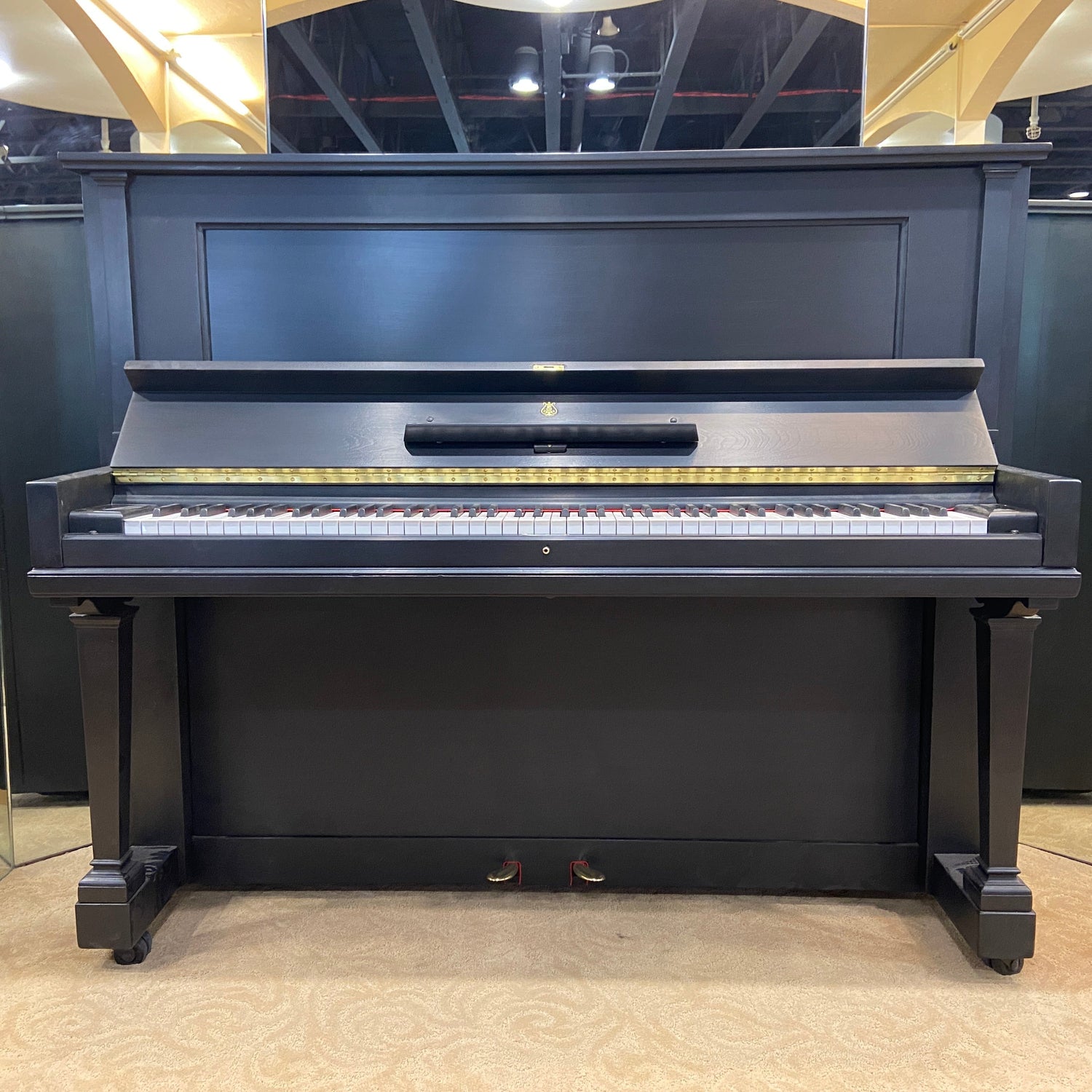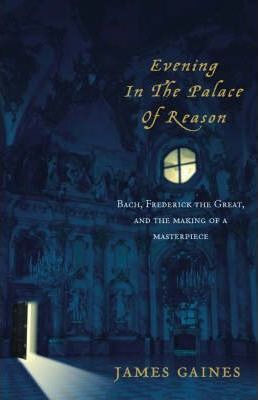
How Piano Students Become Historians
Karmel LarsonShare
How do piano students become historians? Well, that answer takes a little bit of background. Since graduating from BYU almost a year ago, I have felt something of a void in my life. I miss the learning and growth that was such a part of school. I miss the challenge of understanding complex subjects. I miss exercising my analytical skills. I miss learning new things. So I have tried to fill that void by learning several new skills this year like knitting and playing the ukulele. I still practice the piano and listen to music. And I read. A ton. I read all the time both for pleasure and for learning. I read fiction and nonfiction. I read about things I already know a lot about like music, and sometimes I read about things I know nothing about. For example, last year, I read a book all about whales. I knew very little about whales before this book, and while I'm still not extremely interested in them, I definitely know a whole lot more about whales now than I did before reading that book.
All of this--my desire to continue learning and my love of reading--coincided to help me create a music book club with a few of my friends from college. We were all feeling the same way: we missed the academic rigor of school, and we wanted to keep learning and growing in our field of teaching piano.
Our very first book club meeting was about a week ago, and it was a great success. Since we read the book in March, and since March is Bach's birthday month, we chose to read Evening in the Palace of Reason: Bach Meets Frederick the Great in the Age of Enlightenment by James R. Gaines. This engaging book was essentially a biography of both J. S. Bach and Frederick the Great. Gaines alternated chapters between the two historical figures, and the book culminated with the evening Frederick the Great and Bach met and from which meeting Bach's masterpiece, The Musical Offering, originated.
Our book club discussion was equally engaging. I learned so much from the opinions of my friends, and we talked a lot about several thought-provoking ideas and how all of this relates to our piano teaching. One idea that was brought forward was that as piano teachers specifically and as musicians in general, we are actually historians: we preserve music, especially classical music, and we tell others about it through our teaching and our performing. It's an interesting idea and one that I've thought quite a bit about since our book club meeting. It lends weight to my job as a piano instructor. Not only am I influencing the future as I teach piano to children--future musicians, artists, and leaders, but I also interact with the past as I pass on my knowledge of and preserve the music of composers now dead. And my piano students become historians as well. Whenever a student learns a historical piece, I try to give them some background on that composer, what was going on in the world when he lived, the form of the piece they are learning, and how to play it to be historically accurate. As my students learn and perform music, they present and preserve the music of the past, essentially becoming historians.
So go read Evening in the Palace of Reason, learn some classical music, and become an historian yourself!


